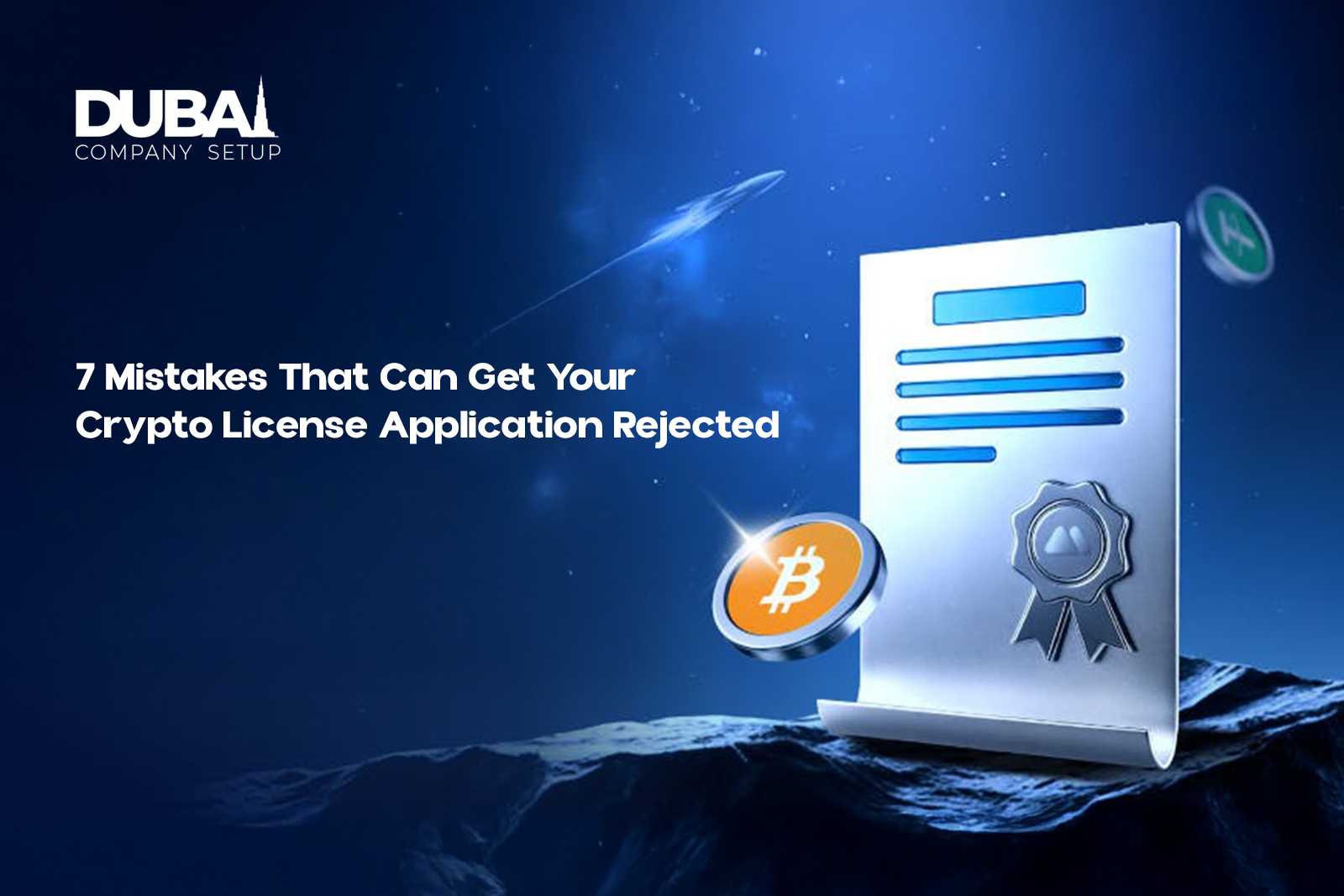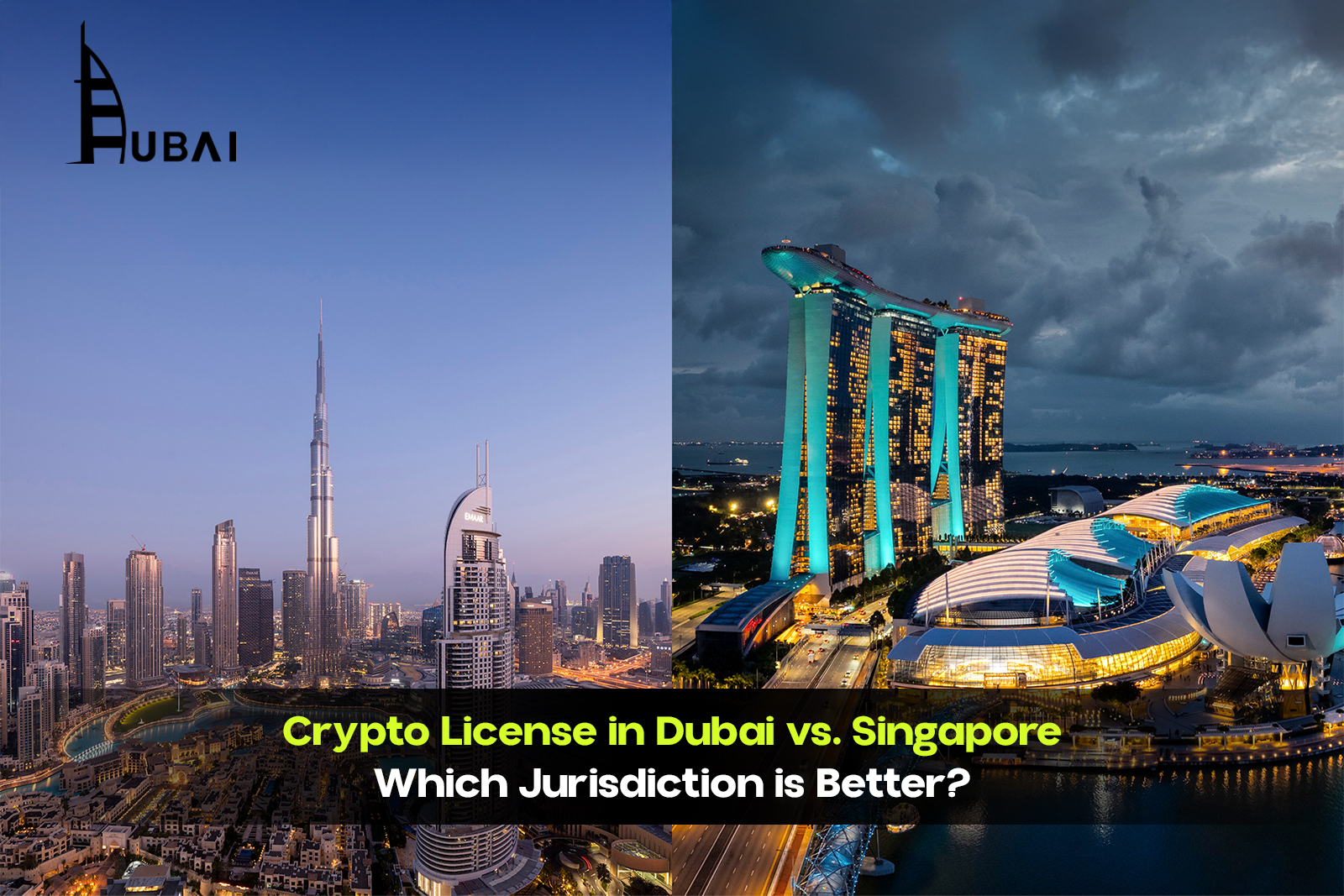Let’s start with this: applying for a crypto license isn’t like filling out a simple form. Regulators are looking at everything—from your team’s background to your cybersecurity setup. Miss anything, and your application could get rejected. You don’t want to waste months (or even years) of effort—and serious money—just because one tiny detail was off.
You want clarity, right? You want to feel confident that your application ticks all the boxes. That’s exactly what this guide does. Let us walk you through the seven biggest mistakes applicants make—stuff that trips up seasoned pros. And we will show you how to sidestep them, step by step. We’re talking actionable, practical, no-fluff advice.
Ready? Let’s dive in.
Understanding VARA and the UAE Crypto Landscape
If you’re considering a crypto license in the UAE, you’ve probably come across VARA—the Virtual Assets Regulatory Authority. VARA is the main body overseeing virtual asset service providers in Dubai, and their goal is simple: ensure that crypto businesses operate safely, transparently, and in line with local and international regulations.
So, when you’re applying for a VARA crypto license, regulators aren’t just checking off boxes—they’re evaluating your business, your team, your systems, and your readiness to comply with ongoing rules.
While this guide focuses on the UAE and VARA crypto license, it’s worth noting that other jurisdictions like Singapore offer the MAS crypto license, which has its own set of requirements and timelines.
Getting this license isn’t just a formality. It’s your ticket to legally operating in Dubai’s growing crypto ecosystem, building trust with customers, and expanding into the region. Understanding VARA’s expectations upfront can save you months of delays and help you avoid common pitfalls. Think of it as knowing the rules before you play the game—once you get this part right, the rest of your crypto license application process becomes a lot smoother.
Mistake 1: Skimping on Capital – Underestimating the Crypto License Costs
One of the biggest reasons a crypto license application gets rejected is weak financial planning. Regulators don’t just want to see that you’ve met the minimum capital requirement. They want to know you have the financial depth to actually sustain operations, manage compliance, and absorb unexpected costs.
Think about it: applying for a virtual asset service provider license isn’t just about ticking a box and paying a fee. There are layers of expenses that follow—legal support, compliance systems, cybersecurity, audits, insurance, staff salaries, and the technology infrastructure you’ll need to run securely. If you only prepare for the headline “license fee” and ignore the rest, your application can easily stall.
The smarter approach is to plan for every stage of the crypto license process. Build a budget that doesn’t just scrape the surface but covers consulting services, recurring compliance checks, IT investments, and operational overhead. When regulators see that level of preparation, it signals financial stability and a serious commitment to meeting the long-term crypto license requirements.
Mistake 2: Submitting Generic, One-Size-Fits-All Documentation
Did you grab a template off the internet, swap in your name, and call it a day? That approach won’t get you far. UAE regulators, particularly VARA, want to see documents that clearly reference UAE laws and show you understand the local context. Using generic templates often raises red flags and can lead to outright rejection.
Even if you follow global frameworks like FATF or MiCA, that alone isn’t enough. Regulators want to see that you’ve adapted those standards to fit the local regulatory landscape.
So here’s the question you need to ask yourself: have you truly customised your compliance documentation for UAE requirements? The best move is to consult a lawyer who knows the territory. Tailoring your documents to local rules not only strengthens your application but also signals that you take compliance seriously.
Your goal is to make your application feel specific, credible, and impossible to dismiss as generic.
Mistake 3: Weak or Inexperienced Management Team
You might have an amazing product or idea, but if your leadership team looks inexperienced, regulators will see risk, plain and simple. VARA expects your leadership team to have experience not only in crypto but also in financial services, since a financial services crypto license requires familiarity with regulatory, risk, and compliance standards. If your team doesn’t meet that benchmark, your application can get stalled or rejected.
This isn’t just about top-level leadership. Roles like MLRO (Money Laundering Reporting Officer) or CCO (Chief Compliance Officer) also need certified, proven professionals—no placeholders or nominal appointments.
The fix is straightforward: build a team with credible, verifiable experience. If finding experienced professionals is challenging, consider bringing on advisors who can strengthen your application and add credibility. Make sure their qualifications and track record are clearly documented—regulators want to see that you have the right people in the right positions.
Mistake 4: Vague Business Models or Poor Market Explanation
Your idea might be brilliant, but if you present it vaguely, regulators won’t understand it, and that’s a red flag. VARA applications often get rejected because applicants fail to clearly explain revenue models, target customers, or how their business stands out in the market.
This isn’t unique to the UAE. In most jurisdictions, regulators want to see that you understand your customers, pricing, competition, and how your business actually makes money.
The solution is simple: spell everything out. Provide detailed market analysis, revenue projections, and clear explanations of your business model. Make it easy for regulators to understand exactly what you’re building and why it works. The more concrete and precise your application is, the less likely it is to get rejected for ambiguity.
Mistake 5: Weak Cybersecurity and Risk Management
Crypto regulators are extremely sensitive to risk, especially when it comes to cybercrime. Unauthorised access, hacks, and breaches are major concerns, so VARA expects enterprises to have cybersecurity frameworks comparable to what banks implement.
This goes beyond basic antivirus software. You need multi-factor authentication, encryption, intrusion detection, robust IT audits, and well-defined risk management plans. Third-party audits are also a big plus, as they provide independent verification that your systems are secure.
Think of it like this: regulators aren’t just checking boxes—they’re evaluating whether your business can operate safely in a high-risk digital environment. Building strong cybersecurity and risk management measures and clearly demonstrating them in your application not only prevents rejection but also shows that you’re serious about protecting customers and their assets.
Mistake 6: Outdated or Missing AML/KYC and Record-Keeping Systems
AML and KYC aren’t just boxes to tick—they’re evolving requirements that regulators take very seriously. If your policies don’t align with the latest rules, your crypto license application could be rejected, or it could face long delays.
In the UAE, incomplete documentation or sloppy checks—such as missing passport copies, insufficient fund verification, or outdated records—are common reasons why VARA or other regulators reject applications. The same principle applies to virtual asset service provider license applications in other jurisdictions; authorities want to see that you have reliable processes in place for anti-money laundering and customer due diligence.
Here’s the practical step: thoroughly audit your AML/KYC policy kit. Ensure that all relevant information is updated to comply with FATF standards, local CDD/EDD regulations, and travel rule requirements. Keep your records organised and ready to present.
When regulators see that your systems are complete, current, and reliable, it boosts confidence in your application and makes the crypto license process smoother.
Mistake 7: Not Demonstrating Operational and Compliance Readiness
Even if your crypto license application documents are solid and your leadership team is experienced, many applications in the UAE face delays—or even rejection—because applicants don’t demonstrate operational and compliance readiness. VARA isn’t just checking that your business exists on paper—they want proof that your virtual asset service provider (VASP) is fully prepared to operate safely and compliantly from day one.
This means your AML/KYC systems must be active and up-to-date, your cybersecurity framework should meet enterprise-grade standards, internal controls need to be functional, and reporting processes must be ready to handle regulatory scrutiny. Missing any of these elements signals risk, which can stall your crypto license process and lengthen crypto license processing time.
The solution is simple: ensure your operational setup aligns with VARA’s crypto license requirements before submitting your application. Show that your team is trained, your technology platform is secure, your compliance policies are implemented and actively followed, and all procedures are functioning—not just documented. By clearly demonstrating operational and compliance readiness, you not only strengthen your crypto license application but also reassure regulators that your VASP can run efficiently, safely, and within the UAE regulatory framework.
Quick Recap: 7 Mistakes and What You Do Instead
| Mistake | What to Do Instead |
| Skimping on Capital | Plan beyond minimum requirements; account for all costs, including legal, compliance, IT, and operational overhead, to strengthen your crypto license application. |
| Generic Documents | Customise your compliance documents to UAE laws and VARA crypto license requirements; avoid generic templates. |
| Weak or Inexperienced Team | Build a leadership team with proven experience in crypto or financial services; use qualified advisors to boost credibility. |
| Vague Business Model | Clearly explain your business model, revenue streams, target market, and competitive edge to meet crypto license requirements. |
| Cybersecurity Shortfalls | Implement enterprise-grade cybersecurity frameworks and risk management systems, and document them in your crypto license application. |
| Outdated or Missing AML/KYC | Update AML/KYC policies, ensure full compliance with FATF and local rules, and maintain organised, ready-to-present records. |
| Lack of Operational and Compliance Readiness | Demonstrate that your VASP has operational systems, trained staff, active compliance procedures, and secure technology in place before submission. |
Closing Thoughts
Look, applying for a crypto license isn’t easy. The process is detail-oriented, requires careful planning, and can feel like navigating a complex maze. But with the right support—well-planned capital, tailored documentation, an experienced team, robust systems, and up-to-date compliance policies—the path becomes far more manageable.
Dubai Company Setup specialises in guiding businesses through the UAE crypto license process. From preparing your VARA application and ensuring operational readiness to setting up AML/KYC systems and enterprise-grade cybersecurity frameworks, they provide end-to-end support to strengthen your application and minimise the risk of rejection.
Every step taken to fortify your application is an investment in credibility, efficiency, and long-term compliance. With expert guidance, businesses can streamline the crypto license process, reduce delays, and focus on building a strong, sustainable presence in Dubai’s growing crypto ecosystem.
Ready to get your crypto license approved with confidence? Contact Dubai Company Setup today to start your application, streamline compliance, and set up your virtual asset service provider business for success.











